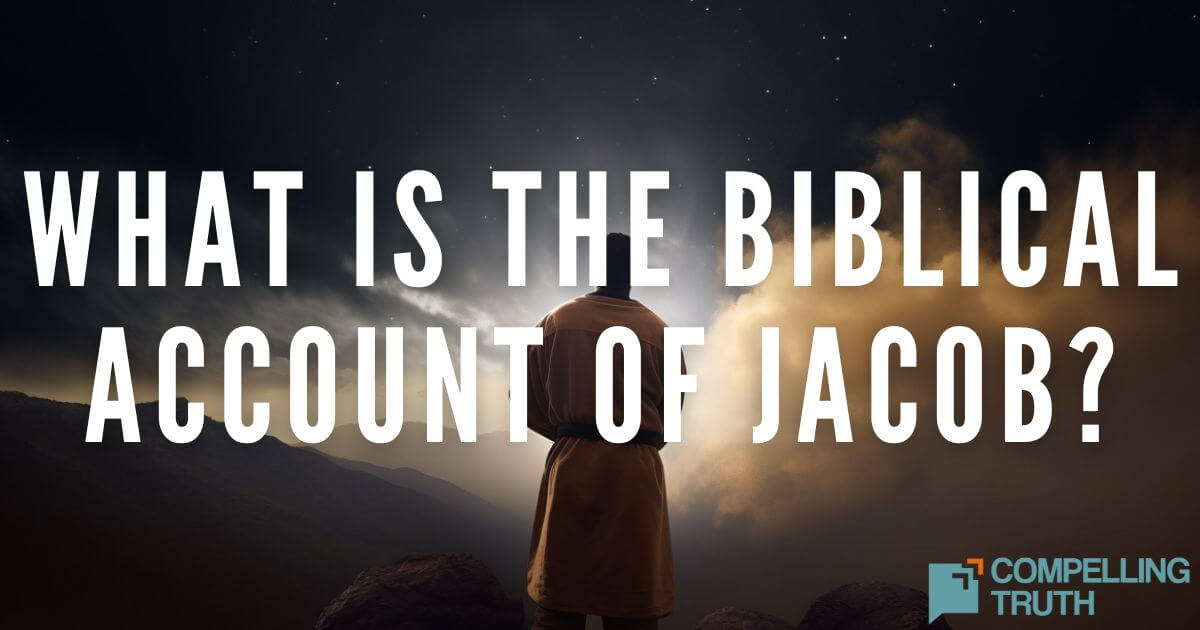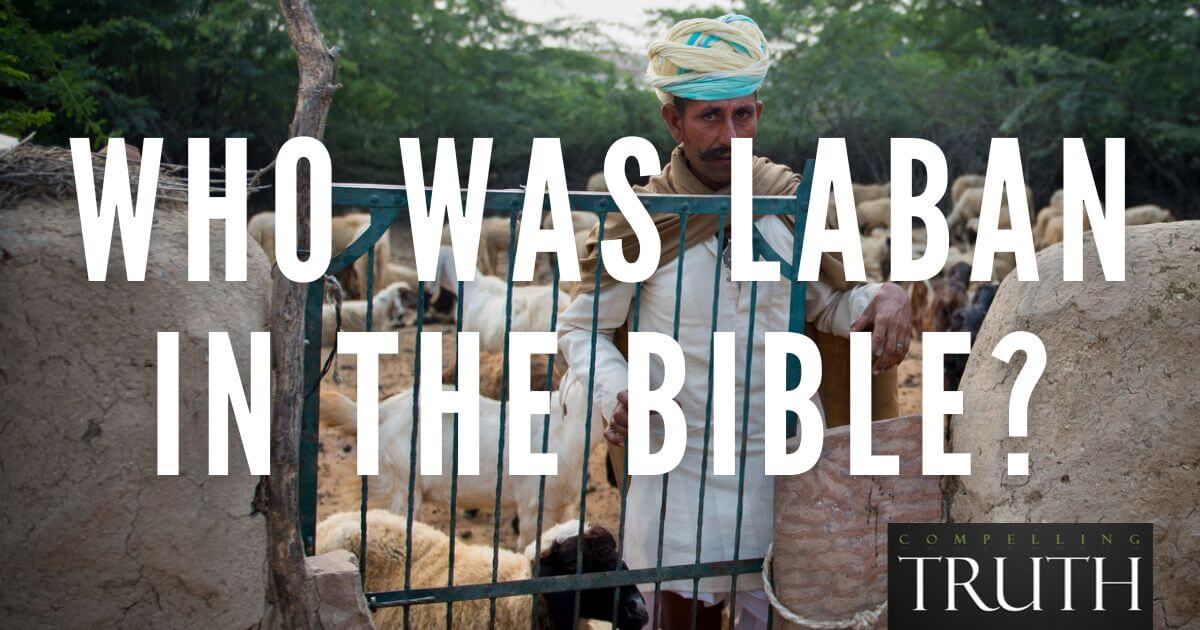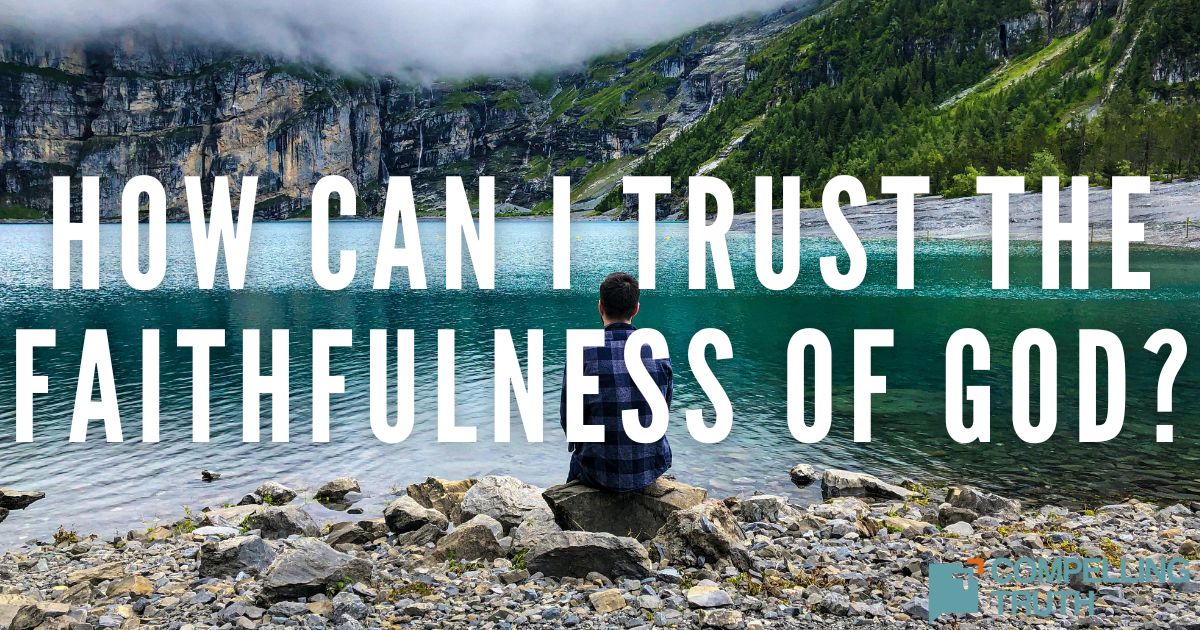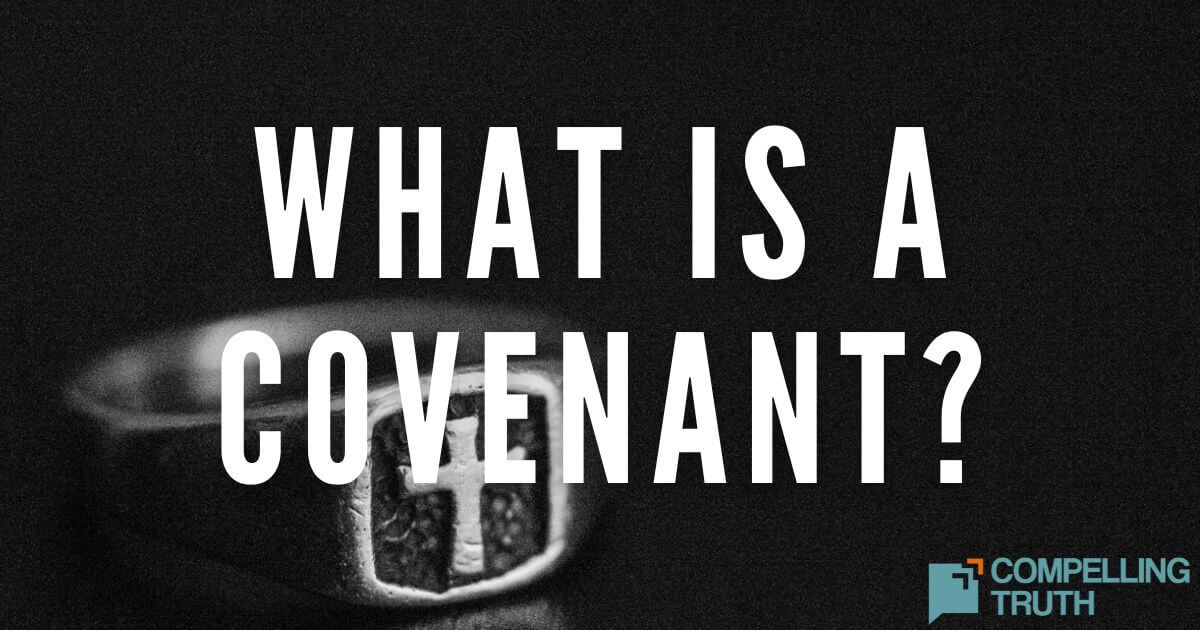Genesis 31:49 is at the peak of a long and sordid relationship between Laban and Jacob. Though Laban, Jacob’s relative, originally welcomed him, their relationship soured. Laban found a way to entrap Jacob to work for him because of Jacob’s love for Rachel, Laban’s daughter. While Jacob agreed to work seven years to earn his daughter’s hand, Laban intentionally gave him the wrong daughter (Leah) and then required Jacob to work another seven years for the right one. However, even that was not enough with Laban holding Jacob “captive” through never ending work contracts. Finally, Jacob, at the prompting of God, took everything he had earned, as well as his wives and children, and snuck away.
When Laban said, “The LORD watch between you and me” in Genesis 31:49, he was not offering a blessing but invoking God as a witness and judge between himself and Jacob since neither trusted the other. Laban’s words served as a warning that God would hold them accountable if either broke the agreement. This moment reminds us that God sees all, holds each person accountable for their actions, and ultimately offers forgiveness through Christ for those who repent.
God what we do. While we may not enter into formal agreements with one another in the way Laban and Jacob did, we are told to never lie or deceive others. When we do, even if the other person does not know about our duplicity, God does. He will hold each of us accountable for every word or thought. Because every sin is ultimately against God (Psalm 51:4), He takes our sins very personally.
In His holiness, God cannot allow us to sin with impunity. Though He graciously gives us time to repent, there will be an end to that opportunity. However, because of His great patience, He sent His Son, Jesus (John 3:16). None of us are capable of living perfectly (Romans 2:9-18). However, because Jesus is fully God (John 1:1), when He added on humanity (Philippians 2:6-7), He never sinned. Therefore, He was like us in every way except for that. Despite never sinning, He died as if He were a sinner to take the wrath sinners deserve. When we repent of our sin and trust in Jesus, then His substitutionary death is applied to us; we no longer need to eternally pay for the sins God watched us do.
God always sees what we do, even when no one else does. Though we may not make covenants like Laban and Jacob, Scripture calls us to live with integrity, avoiding lies and deceit. Every sin, even those hidden from others, is seen by God and is ultimately a personal offense against Him (Psalm 51:4). Because He is holy, He cannot overlook sin, but in His great patience, He sent His Son, Jesus, who lived without sin and bore the penalty we deserve. When we repent and place our trust in Christ, His sacrifice covers our guilt, yet God still lovingly disciplines His children and calls us to live in holiness, not taking His grace for granted (Hebrews 12:6; Romans 6:1-2).




